We so often overlook the ottoman in decorating – yet for the savvy and stylish (like you!) – the ottoman can make a huge decor impact. What’s even better is that because it’s smaller, it’s typically less expensive and a great place to experiment. Perhaps try something adventurous in fabric and colour – what may be garish on a large furniture piece may be spectacular on an ottoman. 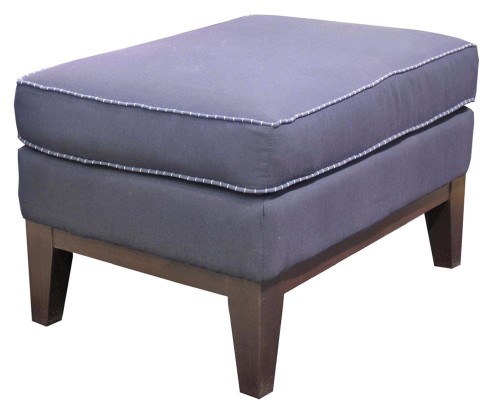
More than one ottoman? They are called ottomans not ottomen!
Uses for Ottomans
The ottoman is best known as a foot rest, but it can be so much more. It’s a wonderful substitute for a chair or loveseat in your living room – go large and luxurious. It can also act as a coffee table – choose something sturdier with a firmer top, perhaps in leather. (Be sure it’s the correct height to work comfortably with your sofa.) The ottoman also makes a perfect hall seat to put shoes on or as a bedroom bench; it’s a lovely addition at the base of your bed.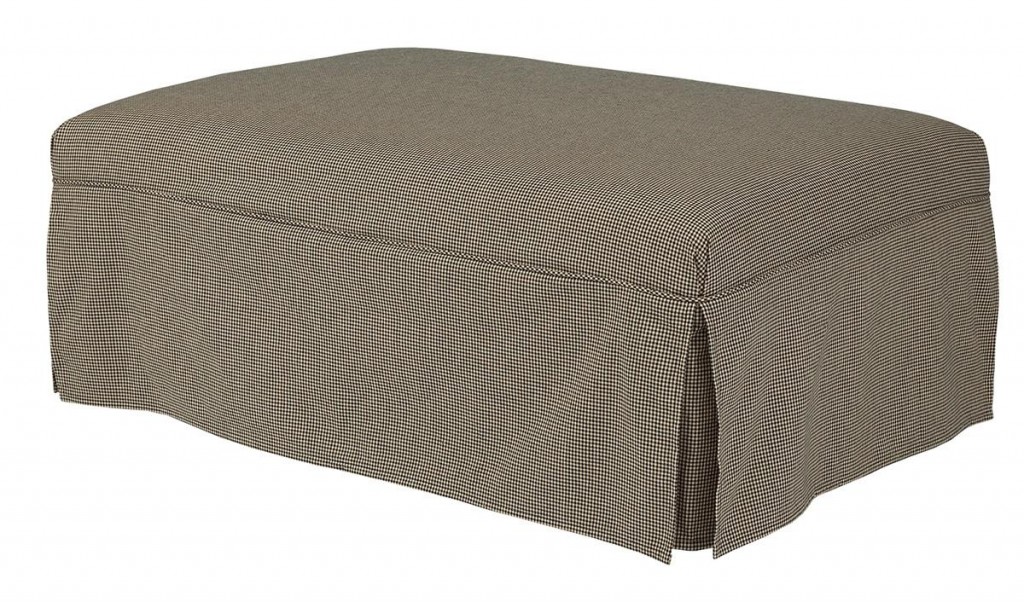
An ottoman is also called a hassock, footstool or pouf.
Styles of Ottomans
To be honest, until I started investigating, I didn’t realize the smorgasbord of ottomans available. They are cubed, barrel shaped, long like a bench, tall, low, high visible legs, tiny stub legs, no legs, tufted, skirted and my personal favourite, round. (And so many more!) What you choose depends on where and how you will use it, the space available and your decorating style. 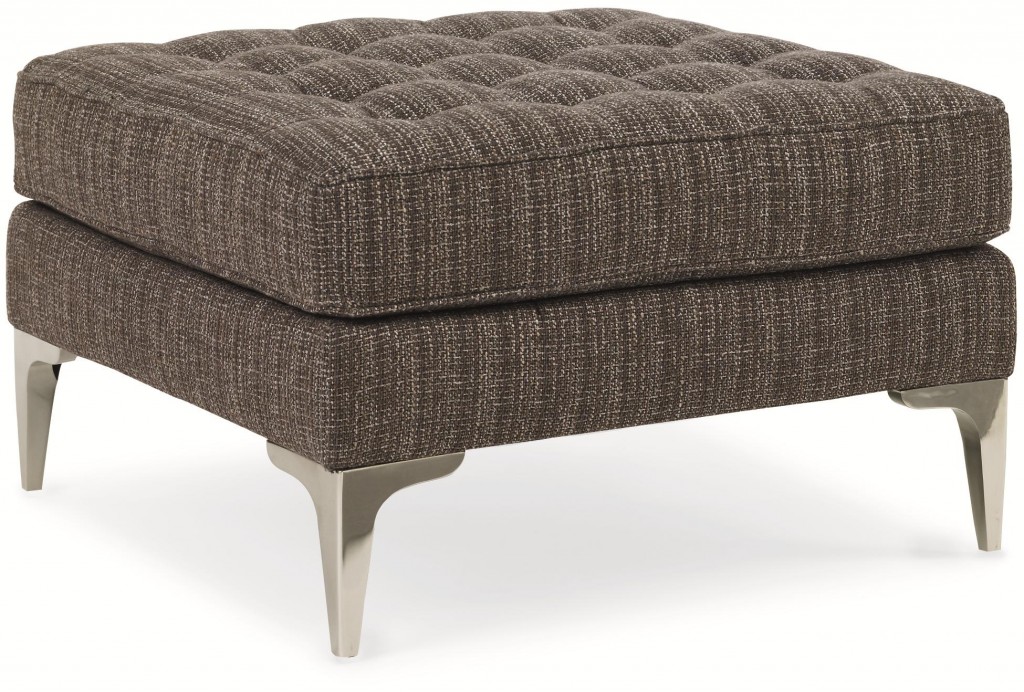
As mentioned earlier, the ottoman presents a wonderful opportunity to stretch your imagination, but of course, you need to stay within your theme. An elegant skirted ottoman in velvet won’t fit a contemporary decor; nor will a barrel shaped ottoman in a funky pattern suit a traditional room.
The Storage Ottoman
Talk about multi-purpose. One of the best things about an ottoman is that it can typically be moved easily and used as both a table and for seating. But if you want to make it even more versatile, choose an ottoman with a lid that lifts off for storage. This is ideal in a family room for magazines, books and games, in a hallway for gloves and scarves or a bedroom for extra blankets, etc.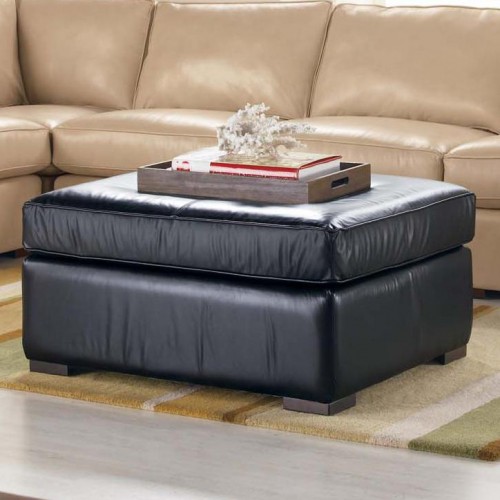
The word Ottoman dates to 1585, when it appears as a French term derived from the Italian “Ottomano.” The Italian word was derived from the Arabic “Uthmani” – pronounced “Othman” in Turkey. Eastern customs had tribal rulers reclining on a couch; hence the furniture piece is attributed to the Ottoman Empire.
Fabric, Colours & Patterns
There are two considerations for fabric: visual appeal and durability. You may opt for an ottoman that matches your sofa or accent chair – sets are quite popular. A contrasting colour is also a great choice – picture a bright emerald ottoman placed among neutral seating. Pattern is perfect too. I suggest something bold and/or intricate; not only will it create drama; it will also help hide any stains or wear. 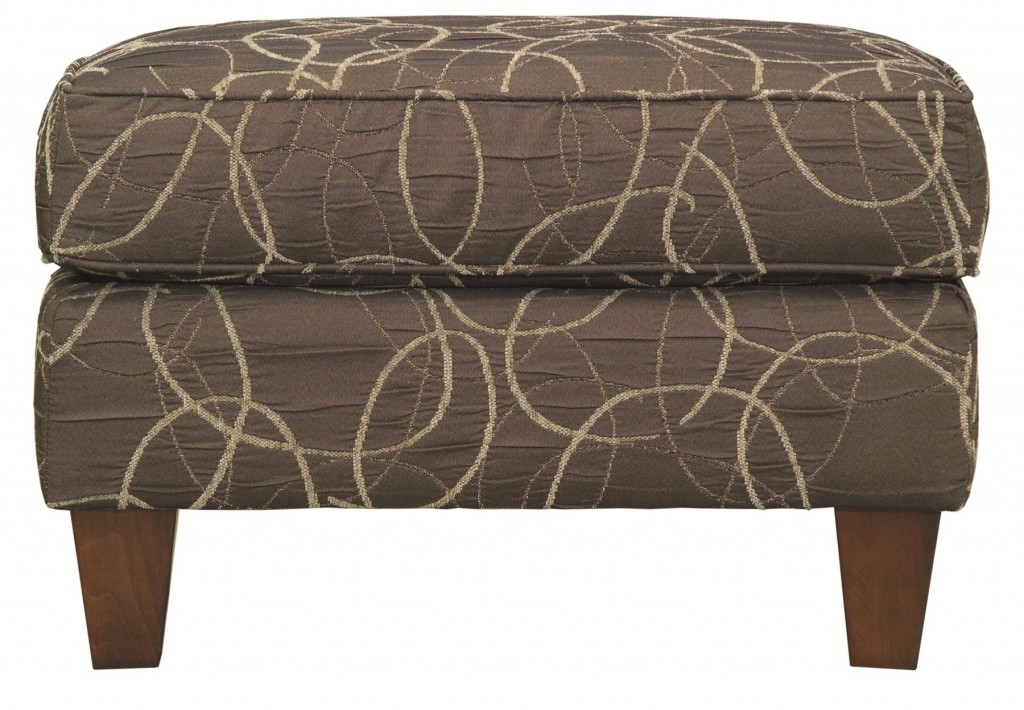
That brings me to point 2: durability. An ottoman is often used as a foot stool, so make sure the fabric is strong. Go for heavy upholstery fabric. Pre-treating the fabric for stains is also a good idea in this case, particularly if the ottoman also serves as a coffee table. In terms of durability, leather is an excellent choice. Many experts also say that an ottoman with short sturdy wooden legs will best stand the test of time.
Yes, there are many uses for and many choices for an ottoman, but at the end of the day, what’s best about it? Simply relaxing and putting your feet up!

Leave a Reply